On the 17th of December, R.O.L.E. Foundation did a beach cleanup at Kelan Beach. A team of 38 participants included 11 volunteers, nine R.O.L.E Foundation staff, and 18 Bali Wise students. The beach cleanup took one hour and a total of 267.28 kg of non-organic waste was collected. After the cleanup, we opened the 2nd Waste Exchange to Product Bazaar at the ZeroWaste Center, where beach cleanup participants and the local community who had been saving waste vouchers for the last three months could exchange their vouchers for fresh vegetables, rice, chocolate, school materials, clothes and more.
Location and Condition of the Beach
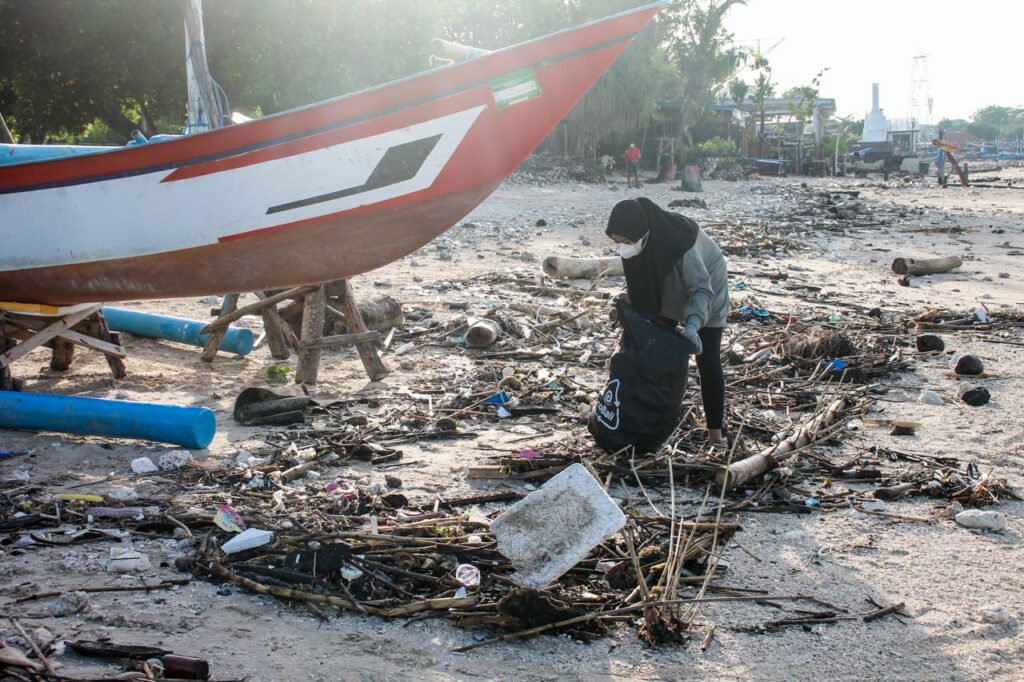
The beach is located at the Kelan beach between Kedonganan Fish Market and Ngurah Rai airport. The beach has a long shore with a white sand, clear blue water and coral reefs. On the beach there are many fishing boats, so we picked up quite some fishing gear again. But the biggest contributor of the waste was soft plastic, making up almost 24.3%.
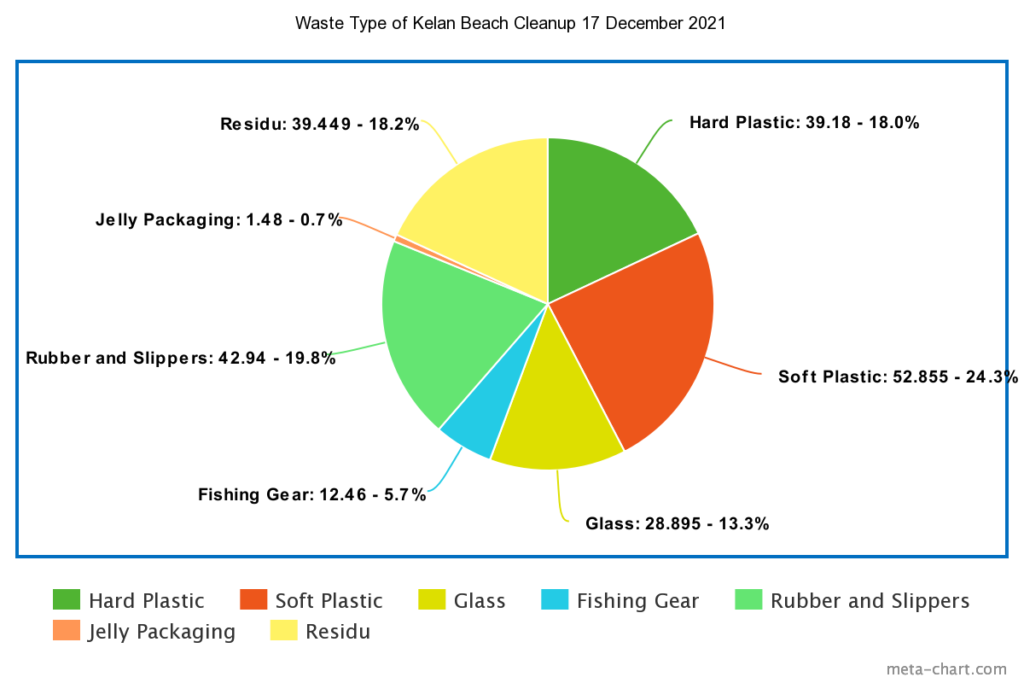
Waste Collection and Separation
The cleanup took about an hour and we collected 267.28 kg of non-organic waste. After the cleanup, the waste was brought to the ZeroWaste Center, where it was separated for specific recycling and upcycling purposes. The biggest part of the waste was soft plastic (24.3%), followed by rubber and slippers (19.8%), and residu (18.2%).
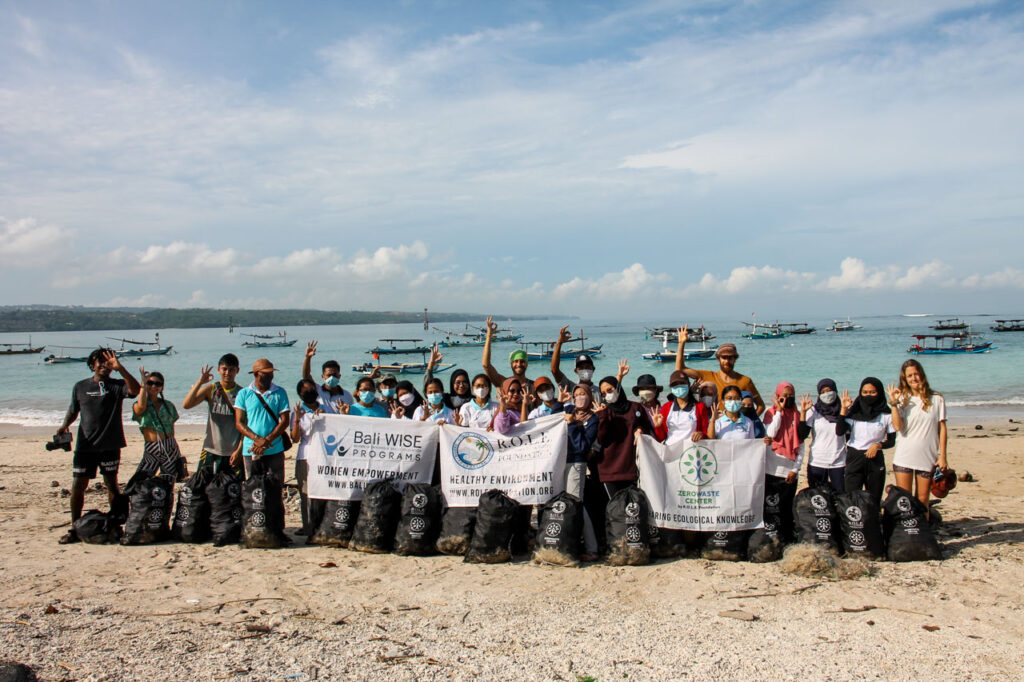
What is the Waste Exchange to Product Bazaar about?
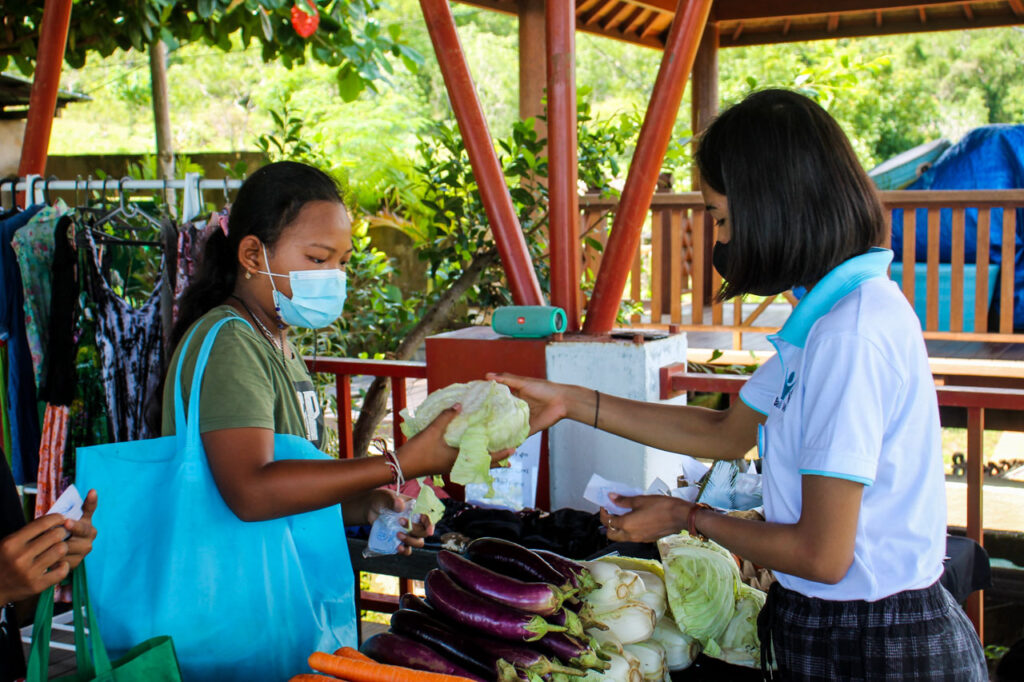
After the beach cleanup, the beach cleaners and the people from the surrounding villages came to the ZeroWaste Center to exchange their waste vouchers for fresh vegetables, rice, chocolate, school materials, clothes and more. The bazaar’s goal is to spread awareness about waste and its polluting effect on the environment, but also on people’s health. Besides that, we want to show that waste has an economic value.
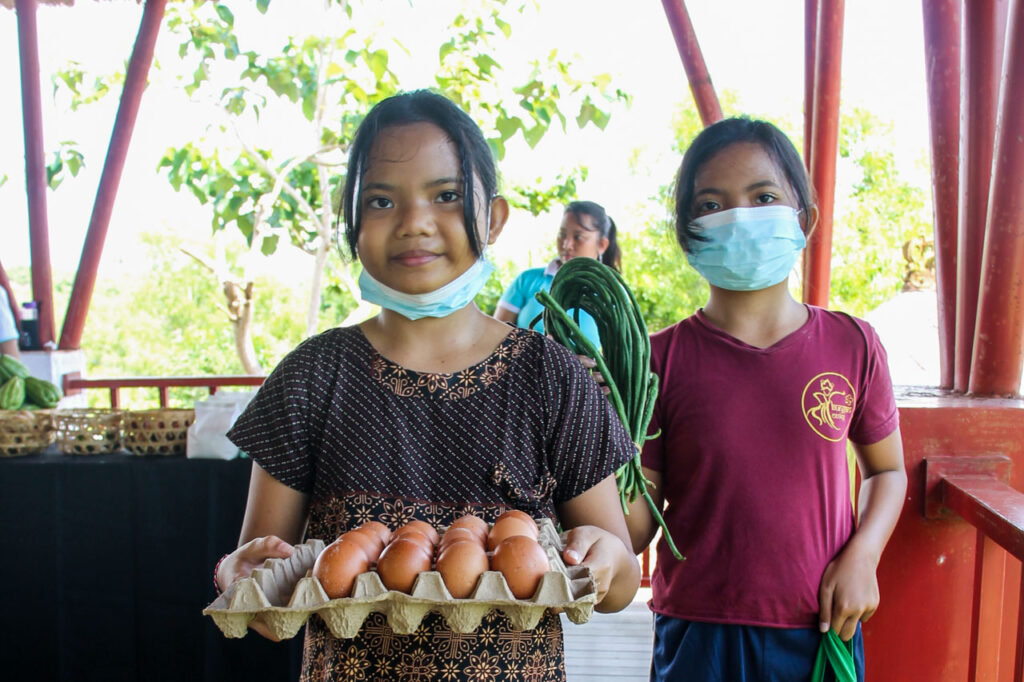
In Bali, the roads and fields in the villages are often full of waste. People need to know that this is not only bad for the environment, but also for their own health. As children and adults from the surrounding communities are now collecting waste from their own household, but also from the streets, the villages have already become a bit cleaner. And they have gained knowledge about the different types of waste and plastic, as they learn that different types of waste also have different prices.
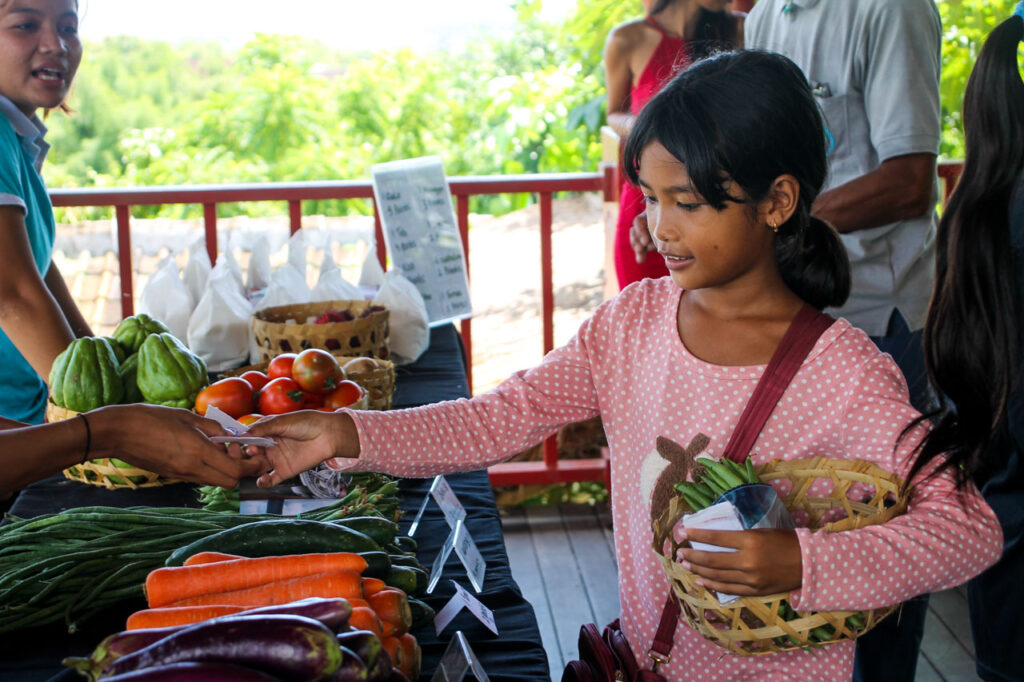

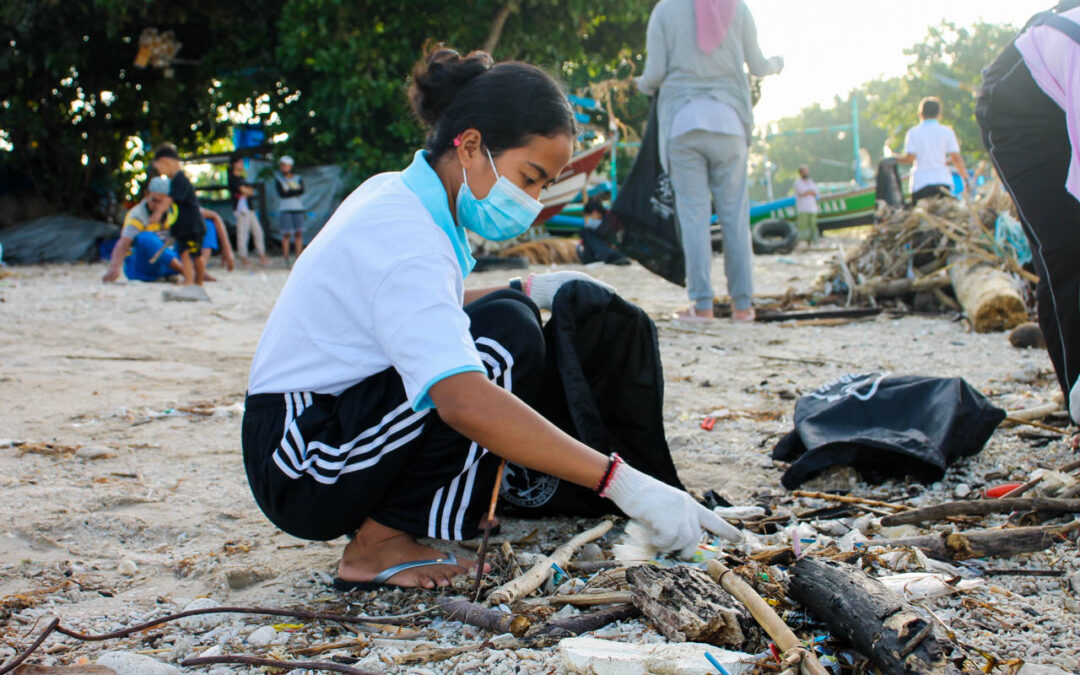
Recent Comments